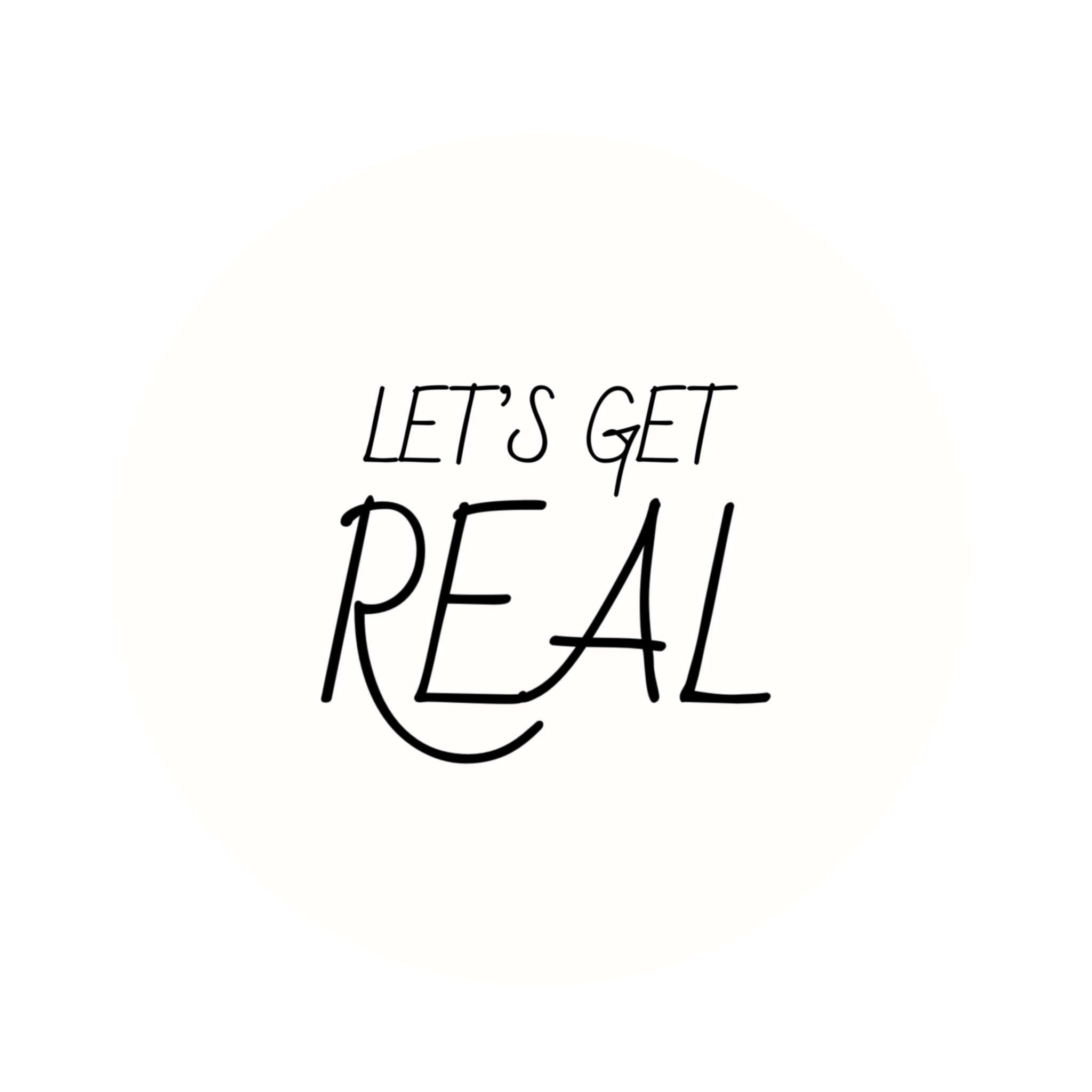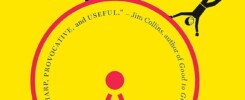
Ever wondered why certain activities come naturally while others feel like an uphill battle to even start? Perhaps there’s more to it than just personal preference. It appears that a substantial portion of our behaviors is governed by habits—repeated routines that eventually become second nature. These habits are deeply ingrained in our neurological pathways and serve as an efficient way to store crucial information in areas of the brain where we don’t need to actively engage our memory and, consequently, our energy. Think of the simplest tasks like tying your shoelaces, preparing tea, driving to work, or your morning routine. You seem to instinctively know what to do. This neurological ability is frequently employed in sports and the arts. Athletes and performers don’t need to treat every act as a novel experience; with sufficient repetition, actions become automated.
This process is immensely beneficial unless we’ve learned unhealthy patterns or behaviors. An excellent indicator of a habit is the environment in which it manifests. Start by observing your behaviors and recognizing patterns: each time I visit the cinema, I crave soda, or I feel lonely every day at 12 pm. What are the recurring sensations and routines you consistently replicate? Once you pinpoint the triggering event and its accompanying circumstances, you hold the key to change.
Delving deeper, it’s essential to understand how these habits developed in your past and for what reasons. Some habits might have formed as coping mechanisms to endure emotional distress, while others could have stemmed from a desire to reduce stress. Armed with this knowledge, you can consciously decide whether to retain a habit as it is if it poses no harm or actively train yourself to substitute it with something more beneficial. Suppose you aspire to run a marathon, but your habits hinder your practice time. In that case, you can begin by examining the activities filling your day. If, for years, you’ve been accustomed to taking a two-hour break after work, you can choose to replace this habit with an hour-long run, effectively propelling you toward your marathon goal.
Habits may seem like immovable boulders, deeply etched into your brain through repetition, yet with persistence and commitment, you can consciously forge new pathways. The secret ingredients are willpower, conscious dedication, and repetition.

